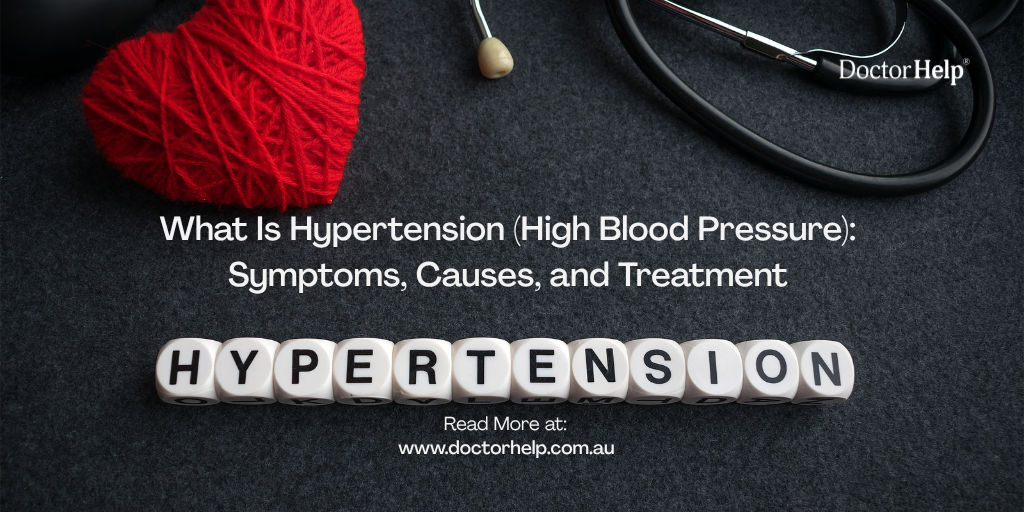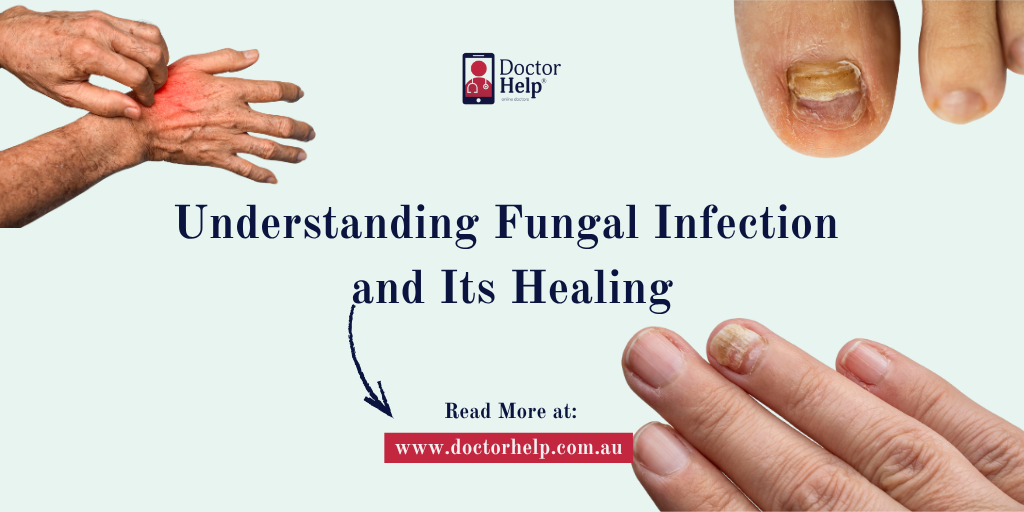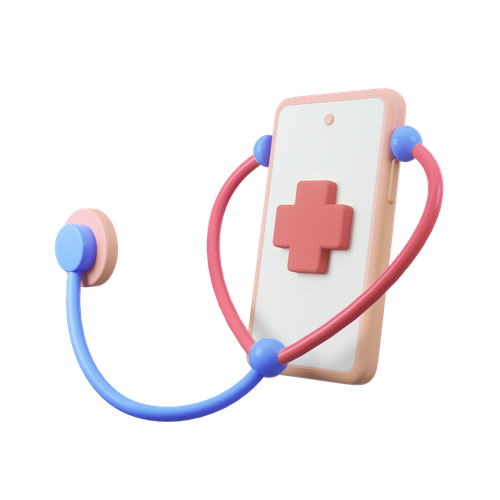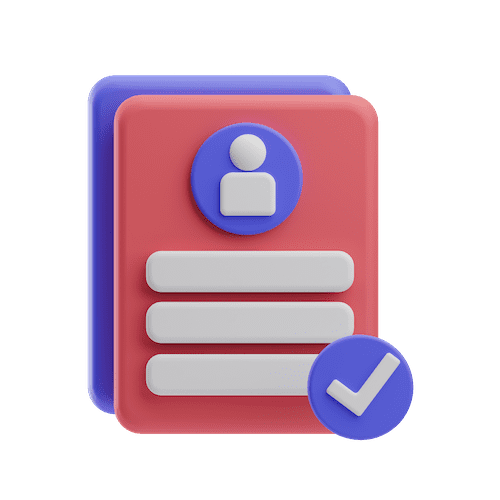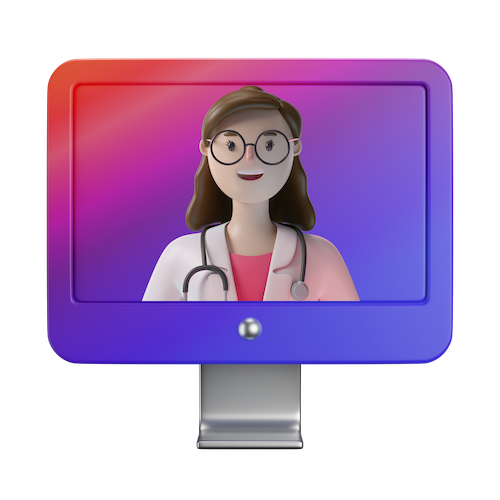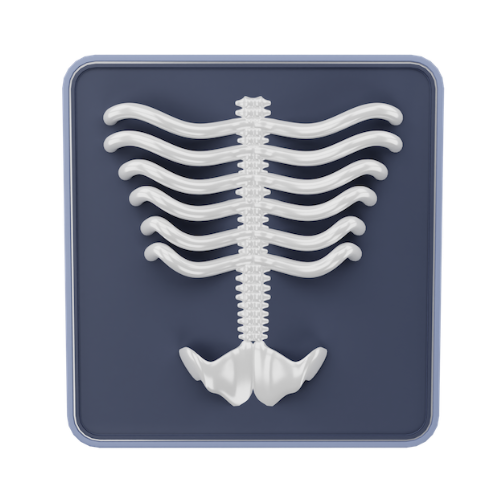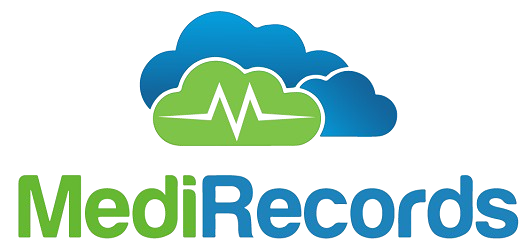Table of Contents
And have you ever thought how your stomach is like it has got a mind of its own? Perhaps it tightens up when you are nervous or falls when you are excited. That is not your imagination, it is your body talking through the gut brain connection, it is a live conversation between your gut and your emotions.
It is so interesting to consider it. It is the same stress that fills your mind which can also fill your gut making it feel and work differently. Anxiety does not merely reside within your mind, it makes its imprint on your stomach.
This isn’t a poetic metaphor. It’s real, biological science.
The Science Behind the Gut Brain Axis
Gut brain axis is a complex communication system which connects your brain, nervous system and intestinal tract. Within your gut lives a bustling world of microorganisms known as the microbiota tiny partners that influence digestion, mood, and immune balance. The combination of these microbiota is what scientists refer to as the gut microbiota brain axis, a two-way pathway that runs on nerves, hormones, and immune pathways.
When you are nervous your brain transmits a signal of distress that changes the movement of the gut and the production of chemicals. However, it is not a one-way process when your gut microbiome gets out of balance, it can send warning bells back to your brain, influencing the way that you react and feel.
The mind gut connection is constant. Even when you’re unaware of it, your body and emotions are quietly talking.
How Anxiety Disrupts Gut Health
When anxiety strikes, your body shifts into “fight or flight.” Your heart pounds, breathing quickens, and digestion slows. To the body, survival matters more than a balanced meal.
In those moments, your gut health begins to change. Blood flow to the digestive system decreases, and your microbiota, those fragile yet vital bacterial communities start to lose harmony. Beneficial microbes that support digestion and reduce inflammation may decline, while less helpful strains take over.
You might notice the fallout as:
- Bloating that seems to appear from nowhere
- A churning stomach when you’re tense
- Sudden appetite swings
- Persistent nausea or that “butterflies” feeling that won’t ease
These aren’t random sensations. They’re your gut echoing the emotional turbulence above.
What the Gut Brain Connection Feels Like When It’s Strained
When the gut brain axis falls out of sync, your body often speaks in whispers before it shouts. Maybe it starts as subtle discomfort; a flutter after meals, a heaviness in your abdomen, a tired fog you can’t quite name.
Over time, those signals grow clearer:
- Ongoing indigestion or reflux that flares with stress
- Constipation alternating with loose bowels
- A hollow ache or loss of appetite
- Fatigue or mental sluggishness even after eating
Sometimes, it’s more emotional than physical that unshakable sense of unease that lives both in your mind and your gut. That’s the mind gut connection trying to be heard.
Read: Gut Health 101: How To Heal Your Gut Naturally
What Research Says About the Gut Microbiota Brain Axis
In recent years, science has confirmed what intuition long suggested your gut and brain are deeply connected. Research has found that disruptions in the gut microbiota can heighten anxiety symptoms. Other studies show that stress can reshape your gut microbiome, altering how your brain responds to future tension.
Australian health authorities also highlight that nurturing your gut health supports emotional wellbeing and overall balance. A healthy microbiota doesn’t just digest food it influences resilience, mood, and how you experience life itself.
When you nourish your gut, you also calm your mind.
Restoring Balance: Healing the Gut Brain Connection
Healing the gut brain connection is less about quick fixes and more about gentle consistency learning to listen, nourish, and rest in rhythm with your body.
Feed Your Gut, Feed Your Mind
Food is information. Every meal you eat sends a signal to your gut brain axis, shaping the way your microbiota and brain communicate.
- Choose fibre-rich foods like fruits, vegetables, legumes, and whole grains.
- Add fermented foods such as yogurt, kefir, or kimchi to support your gut microbiome.
- Cut back on refined sugar and processed foods that upset your microbiota balance.
- Stay hydrated, water keeps your digestion smooth and responsive.
Also read: Top 10 Probiotic Foods To Improve Digestion Naturally
Soothe the Nervous System
Since anxiety disrupts the mind gut connection, calming your body helps restore equilibrium.
- Practice slow, steady breathing; it signals safety to your nervous system.
- Try mindfulness or gentle meditation to soften stress reactions.
- Prioritise rest. Quality sleep helps reset your hormones and support gut recovery.
- Move regularly. Even a daily walk can gently stimulate digestion and reduce tension.
Also read: Managing Stress And Anxiety: 5 Simple Tips For Better Mental Health
Professional Support
While many gut symptoms improve naturally, treatments like relaxation therapies can help the body stabilise its stress response. In digestion-specific cases, telehealth professionals can collaborate with gastroenterologists or dietitians to address the gut microbiota brain axis holistically.
Healing doesn’t happen overnight. But it happens in small, steady moments of awareness and compassion.
Conclusion
Here’s the truth your gut holds memories your mind may have forgotten. Every skipped meal, every knot before a hard conversation, every “I’m fine” that wasn’t true your gut remembers them all.
The gut brain connection isn’t just biology; it’s your body’s quiet poetry. It speaks in sensations, not sentences asking for patience, nourishment, stillness. Healing doesn’t come in grand gestures. It seeps in softly through mindful meals, deep breaths, and moments of rest when you finally stop fighting your body and start listening to it.
Your gut brain axis can find balance again. Your microbiota can renew. And your mind can rediscover its calm.
If you’ve been caught between anxiety and digestive discomfort, know this: you’re not broken, you’re simply out of sync.
At Doctor Help, our telehealth practitioners understand this delicate balance. Together, we can help restore your gut health, rebuild your microbiota, and strengthen your gut brain axis one gentle step at a time.
Your body is always speaking. Let’s listen and help it remember what peace feels like.
Reference:
- Harvard Health. (2023, July 18). The gut-brain connection.
https://www.health.harvard.edu/diseases-and-conditions/the-gut-brain-connection - The Brain-Gut connection. (2025, October 3). Johns Hopkins Medicine.
https://www.hopkinsmedicine.org/health/wellness-and-prevention/the-brain-gut-connection - Clapp, M., Aurora, N., Herrera, L., Bhatia, M., Wilen, E., & Wakefield, S. (2017). Gut microbiota’s effect on mental health: The Gut-Brain axis. Clinics and Practice, 7(4), 987.
https://doi.org/10.4081/cp.2017.987 - Jardine, S. (2021, January 18). Microbiome and the mind: How the gut influences mental health. NSW Health & Medical Research.
https://www.medicalresearch.nsw.gov.au/microbiome-and-the-mind-how-the-gut-influences-mental-health/


